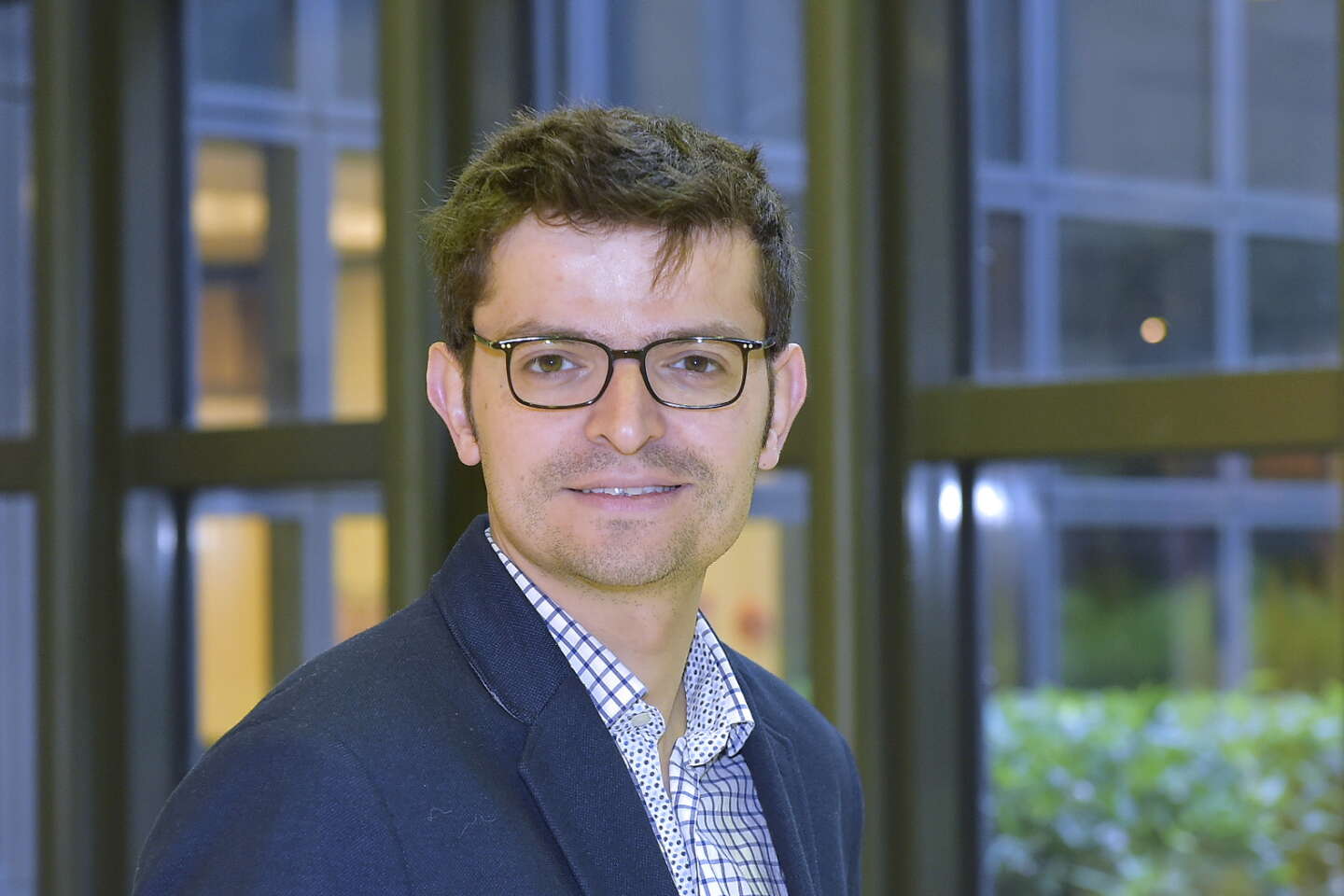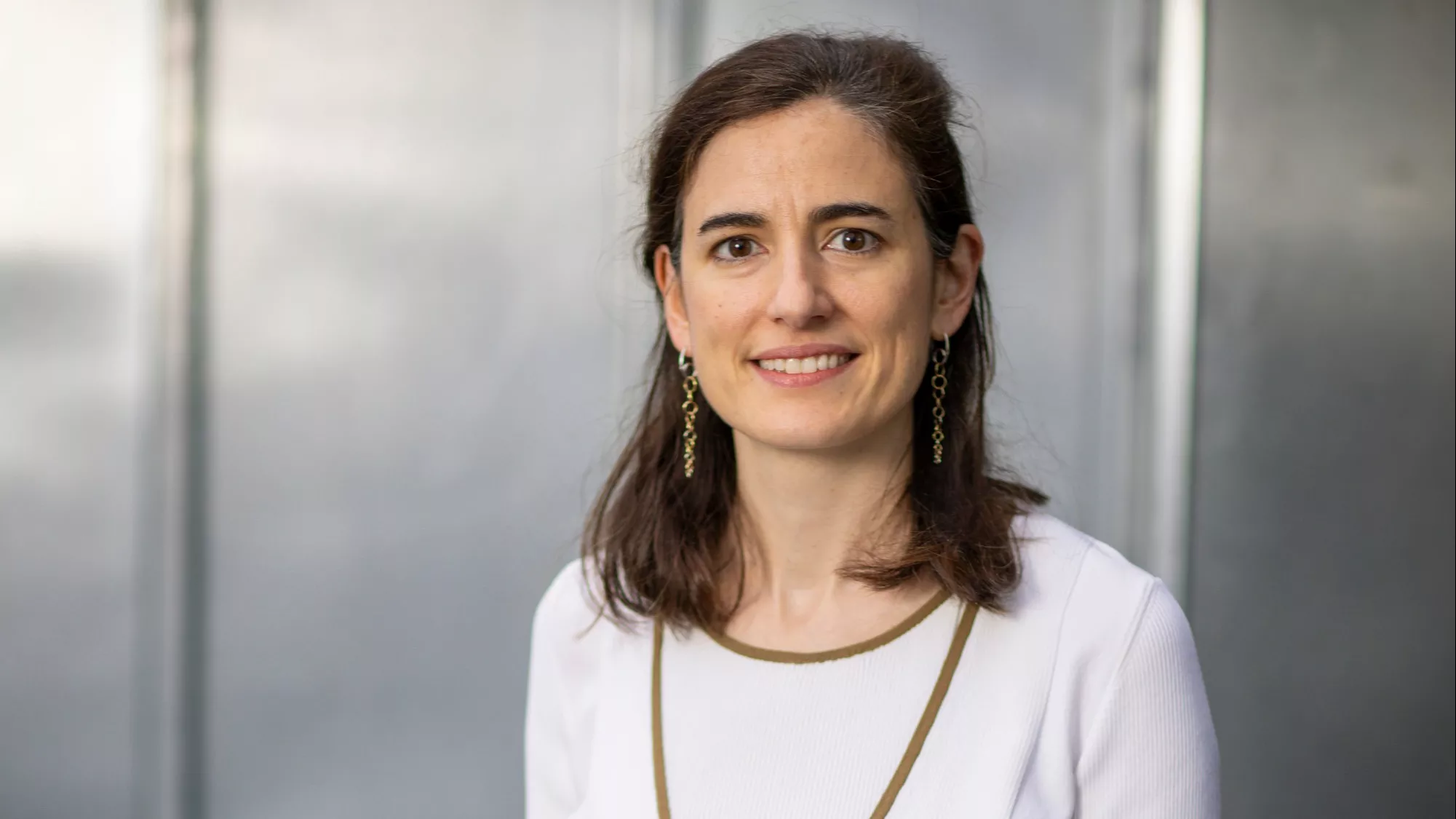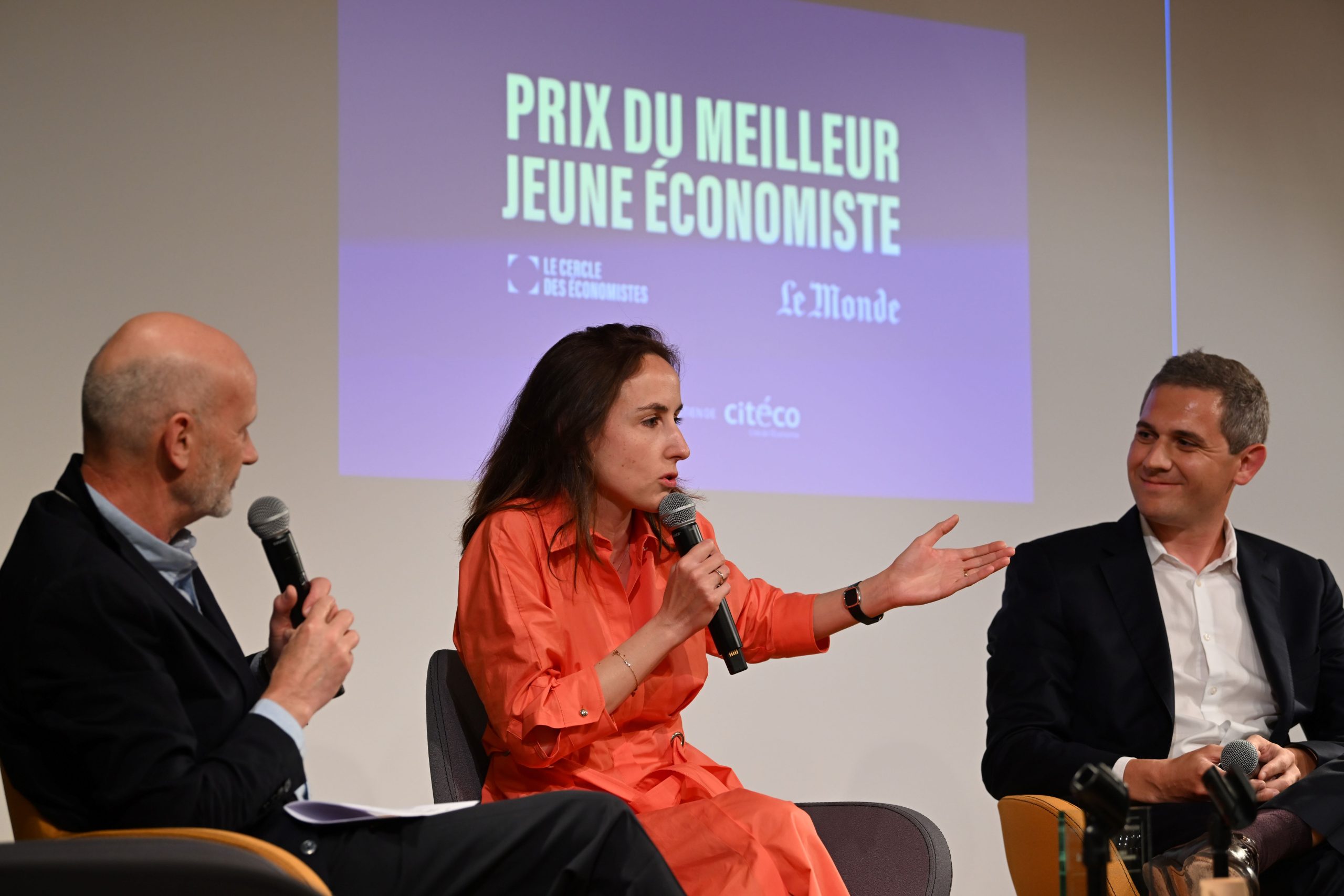The jury of the Prize composed of the members of the Cercle des économistes and the editorial staff of the journal Le Monde, after examining the various applications, awarded the 2022 Prize to Eric Monnet, 39, Director of Studies at the École des Hautes Etudes en Sciences Sociales (EHESS), holder of the Chair of Monetary Sovereignty and Globalization, and Professor at the Paris School of Economics (PSE). He is also a Research Affiliate at the Centre for Economic Policy Research (CEPR).
Éric Monnet, lauréat
Ses travaux s’inscrivent dans une tendance en fort essor aujourd’hui dans la recherche internationale, consistant à analyser les phénomènes monétaires et financiers contemporains à la lumière du temps long et des enseignements de l’histoire.
The nominees
-

Clément de Chaisemartin
Nominated Best Young Economist Award 2022
-

Clément Malgouyres
Nominated Best Young Economist Award 2022
-

Alexandra Roulet
Nominated for Best Young Economist Award 2022
— In the press
-
Eric Monnet, Best Young Economist Award 2022 — Le Monde
May 23, 2022
The 39-year-old director of studies at the Ecole des Hautes Etudes en Sciences Sociales is the winner of this 23rd edition of the prize created in 2000 by “Le Monde” and the Cercle des économistes.
Lire la suite ↗
-
“History makes it possible to put complexity back into economic theory” — Le Monde
May 23, 2022
This director of studies at the EHESS and professor at the Paris School of Economics has studied the role of central banks in general economic policy. This is a topical issue at a time when we need to invest massively in the ecological transition.
Lire la suite ↗
-
“Scientifically showing what works, what doesn’t” — Le Monde
May 23, 2022
The 38-year-old professor at Sciences Po is interested in methods for evaluating public policies.
Lire la suite ↗
-
“Thinking about the consequences of future shocks” — Le Monde
May 23, 2022
The associate researcher at the Paris School of Economics was interested in the effects of globalization on the labor market of advanced countries.
Lire la suite ↗




